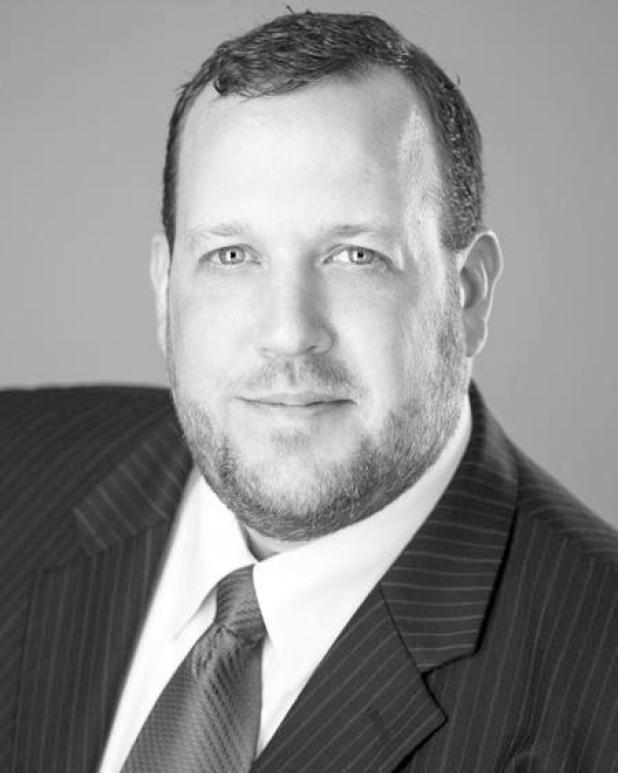
Jeremy Alford: Challenging opponents in court is another way to win
By JEREMY ALFORD
Candidacy challenges — or sometimes just the threat of legal action — have torpedoed several campaigns this cycle and led to the unopposed election of the insurance commissioner, a member of the Board of Elementary and Secondary Education and a few state legislators.
And that’s just to name a few. Following the August qualifying period, a slew of candidates across the state were disqualified or challenged over domicile questions and non-payment of taxes.
Over in St. John the Baptist Parish, 14 candidacy challenges were heard over a four-day period last week and the week prior. In Ascension, politicos are taking challenges very seriously — that’s where a parish council candidate hired a parish president candidate to investigate the residencies of both of their opponents. In Lafayette, a Texas-based candidate for mayor was (not surprisingly) disqualified as well.
Many consultants are crediting the Louisiana Department of Revenue with its quick turnarounds for information requests this cycle, as most of the high-profile cases have involved individuals who have failed to file.
“This cycle we are seeing that a quick records request after qualifying to check if an opponent has paid their taxes can lead to an early knockout, saving a candidate time and resources,” said consultant Lynnel Ruckert of Bold Strategies. “It’s malpractice not to check.”
Just as campaigns have adjusted to the flow of early voting by moving operations up the calendar, they’ve also adapted to include rigorous vetting procedures for qualifying.
After all, if you can win with a $5,000 legal bill versus a $500,000 campaign finance account, why not?
“People have figured out that these challenges can work,” said attorney Stephen M. Gelé, a partner at Smith and Fawer in New Orleans who was involved in four challenges this cycle. “People have also figured out the techniques. If it’s taxes, you can do a public records request.
"As far as a domicile challenge, people in politics learned a long time ago a little analysis goes a long way.”
Gelé added, “I also believe you have some inexperienced candidates who are not taking the requirements seriously and they’re not seeking professional advice from accountants and attorneys.”
Attorney Evan J. Bergeron, who helped a state House candidate in New Orleans beat a challenge, said such litigation has a value to the public — as long as there’s merit.
“These kind of suits are really unfortunate as they’ve become a way to restrict ballot access for otherwise qualified candidates,” said Bergeron.
“What is supposed to be a legitimate judicial process is so often used as gotcha litigation because of the way the procedure shakes out and because of what each party has to prove. Except for clearly unqualified candidates, shouldn’t the voters get to decide?”
Metairie attorney Stephen Petit was involved in four challenges and described the caseload as “brutal.”
On the other hand, he wasn’t nearly as busy as the Louisiana Department of Revenue, which had to engage in all of the tax cases, even those that overlapped in terms of timing.
“They’ve been running around like chickens with their heads cut off,” Petit said of the pacing since qualifying.
That’s one of many reasons politicos expect the next Legislature to address the issue of candidacy challenges. From competing statutes to what’s on notices of candidacy, a conversation is building.
“One potential solution is to let Revenue participate via Zoom or some other electronic means,” offered Gelé.
Of course there’s going to be a followup conversation. For policy nerds, legal eagles and political geeks, there’s nothing sexier than a candidacy challenge.
“I am interested in the candidacy challenges because they generally involve a constitutional problem that gets really fun really fast,” said Scott Sternberg, the managing partner of Sternberg, Naccari and White, adding, “This law does need some reform. There are lots of folks who question whether it’s constitutional to stop someone from running for office if they haven’t filed their taxes, and there’s a lot of ambiguous language — from domicile and residency to ethics fines and fees.”
For now, it seems like qualifying is affording political professionals one more opportunity to secure their win bonuses — and the trend is only expected to grow in the coming years unless lawmakers seek to clarify and streamline the process.
“Word is out,” said Petit. “There’s another way to win.”
For more Louisiana political news, visit www. LaPolitics.com or follow Alford on Twitter @ LaPoliticsNow.
